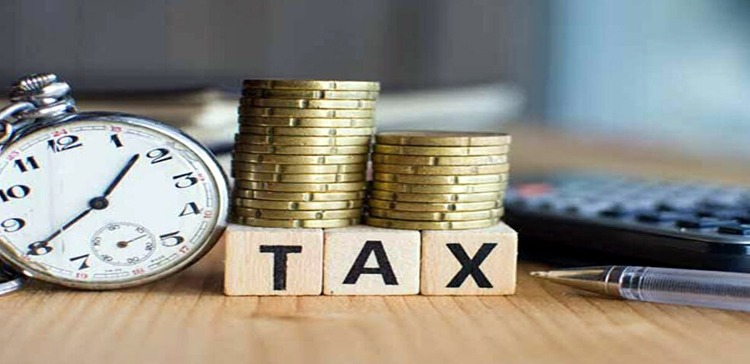
Employment Tax
Taxes can be a confusing and daunting topic for many people, especially when it comes to understanding how much tax you are required to pay.
How much tax do I have to pay if I have an employment?
Being employed means that you have a job and receive a salary from your employer. As such, understanding the amount of tax you’ll pay is an important part of your financial planning. The amount of tax you will pay depends on several factors, including your income level, age, place of residence, and the type of job you have.
In the UK, taxes are collected by Her Majesty’s Revenue and Customs (HMRC) and paid to the government to fund public services like healthcare and education. HMRC collects income tax through three main sources: PAYE (Pay As You Earn), National Insurance Contributions (NICs), and self-assessment. Let’s take a closer look at how each one works:
PAYE is used by employers to deduct taxes from employees’ wages before they are paid out to them. This money is then sent directly to HMRC by the employer each month or quarter. The rate at which PAYE taxes are deducted depends on your taxable income – if you earn more than £50,000 per year, for example, you will be taxed at 40%.
National Insurance Contributions (NICs) are also taken from employee wages by their employer to provide financial support for people who lose their jobs or become ill, as well as for when they reach retirement age. Employers must match any contributions made by an employee up to 12% of their earnings each year; any additional NICs above this rate will be paid directly by the employee themselves.
Self-assessment is another way individuals can pay Tax in the UK if they’re self-employed or earn additional income from other sources such as investments or rental property income. Self-assessments must be completed annually with deadlines depending on what type of taxpayer you are; most individuals need to submit one before 31st January each year for it to be processed correctly.
Overall everyone must understand how much tax they owe based on their circumstances so that they can plan accordingly; knowing how much tax you’ll pay when employed is just as important!
- Share this post
